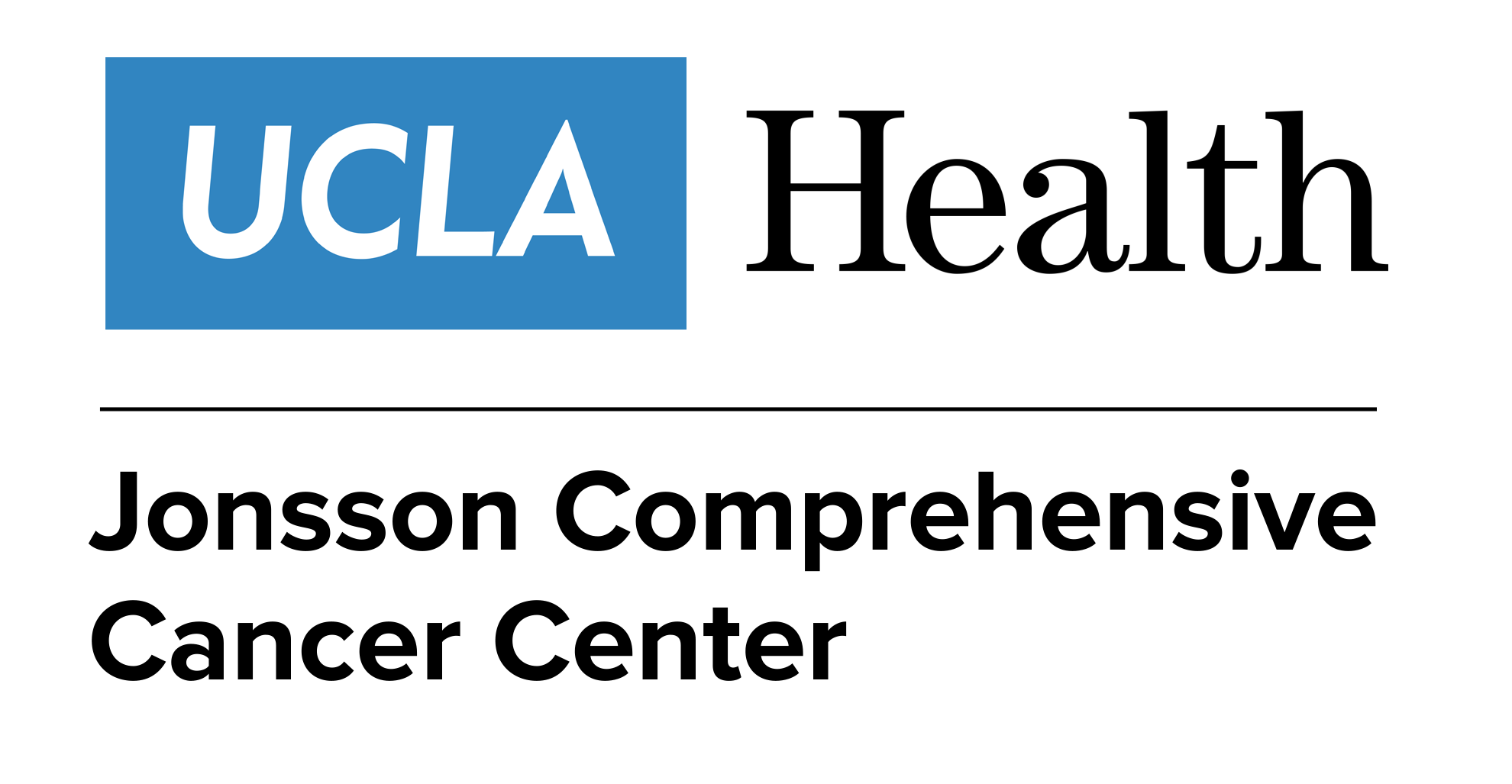- Advertise
- About OncLive
- Editorial Board
- MJH Life Sciences brands
- Contact Us
- Privacy
- Terms & Conditions
- Do Not Sell My Information
2 Clarke Drive
Suite 100
Cranbury, NJ 08512
© 2025 MJH Life Sciences™ and OncLive - Clinical Oncology News, Cancer Expert Insights. All rights reserved.
Dr. Hurvitz on Additional Research Needed With Trastuzumab Deruxtecan in HER2+ Breast Cancer
Sara A. Hurvitz, MD, discusses the need for additional research with fam-trastuzumab deruxtecan-nxki in HER2-positive breast cancer.
Sara A. Hurvitz, MD, associate professor at the David Geffen School of Medicine, University of California, Los Angeles (UCLA) medical director of the Jonsson Comprehensive Cancer Center Clinical Research Unit, co-director of the Santa Monica-UCLA Outpatient Oncology Practices, and director, Breast Cancer Clinical Trials Program, UCLA, discusses the need for additional research with fam-trastuzumab deruxtecan-nxki (Enhertu) in HER2-positive breast cancer.
In December 2019, the FDA granted an accelerated approval to trastuzumab deruxtecan for the treatment of adult patients with unresectable or metastatic HER2-positive breast cancer who have received ≥2 prior anti—HER2-based regimens in the metastatic setting.
The designation was based on data from the phase II DESTINY-Breast01 trial, in which trastuzumab deruxtecan led to an objective response rate of 60.3%, a complete response rate of 4.3%, and a partial response rate of 56%. Additionally, the antibody-drug conjugate elicited a median duration of response of 14.8 months. At a median follow-up of 11.1 months, the median progression-free survival was 16.4 months in a heavily pretreated patient population.
Despite these encouraging data, additional trials comparing trastuzumab deruxtecan with capecitabine (Xeloda)-based therapy and ado-trastuzumab emtansine (T-DM1; Kadcyla) are needed, says Hurvitz.
Of note, 13.6% of the 184 patients treated with trastuzumab deruxtecan in the DESTINY-Breast01 trial experienced treatment-related interstitial lung disease (ILD). As such, further risk assessment of ILD for these patients is going to be critical moving forward, concludes Hurvitz.


